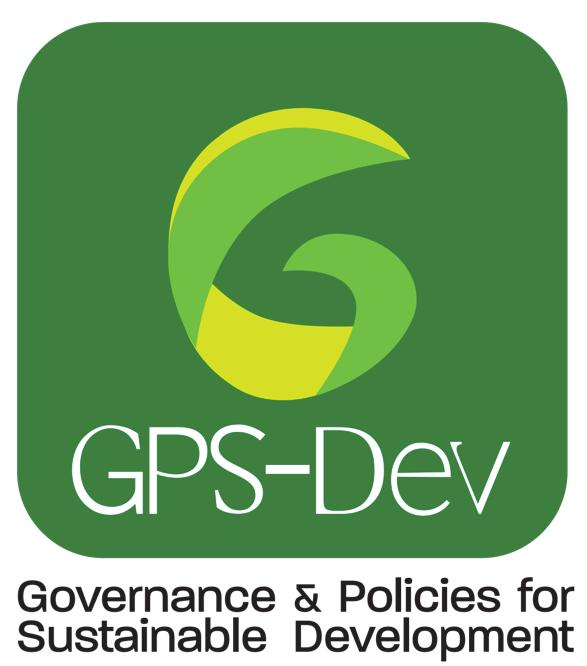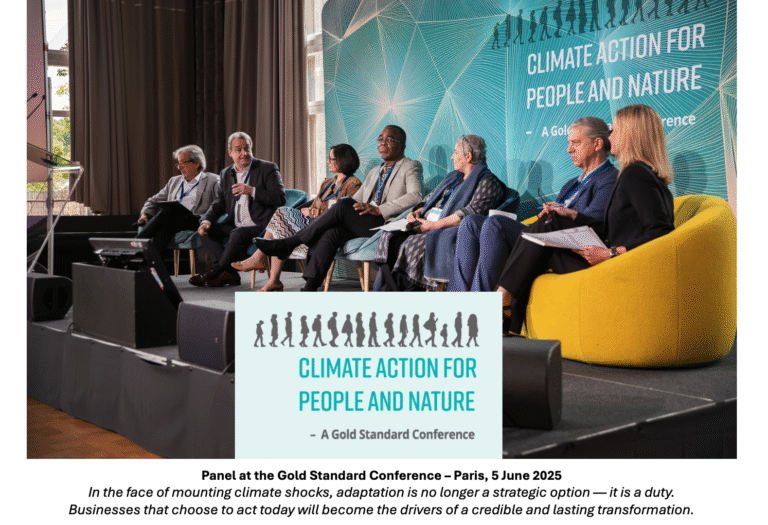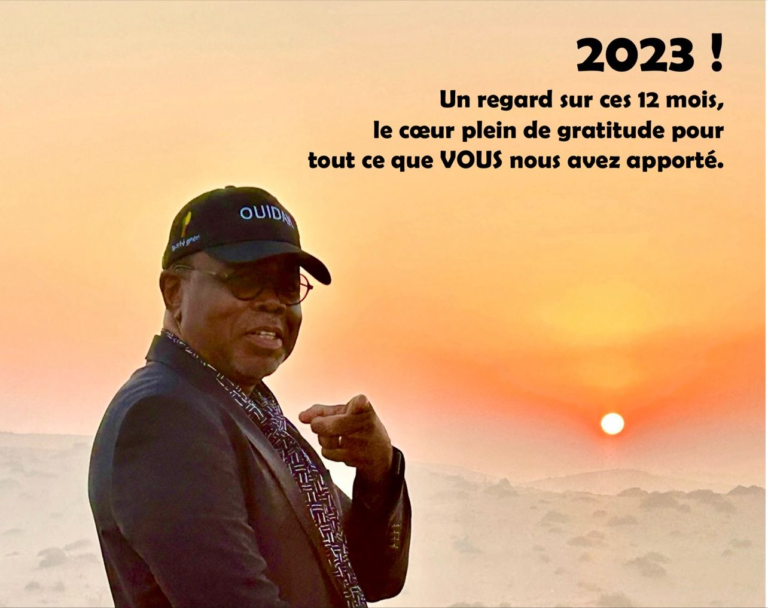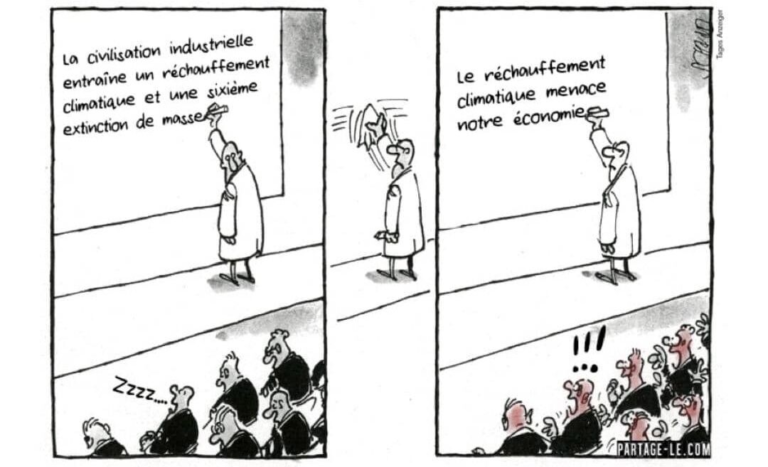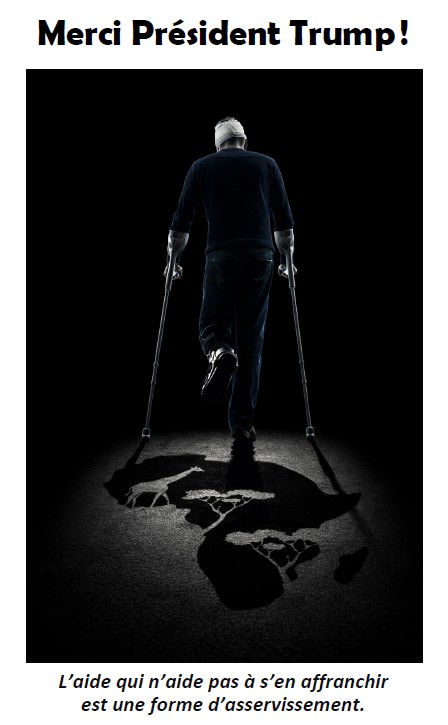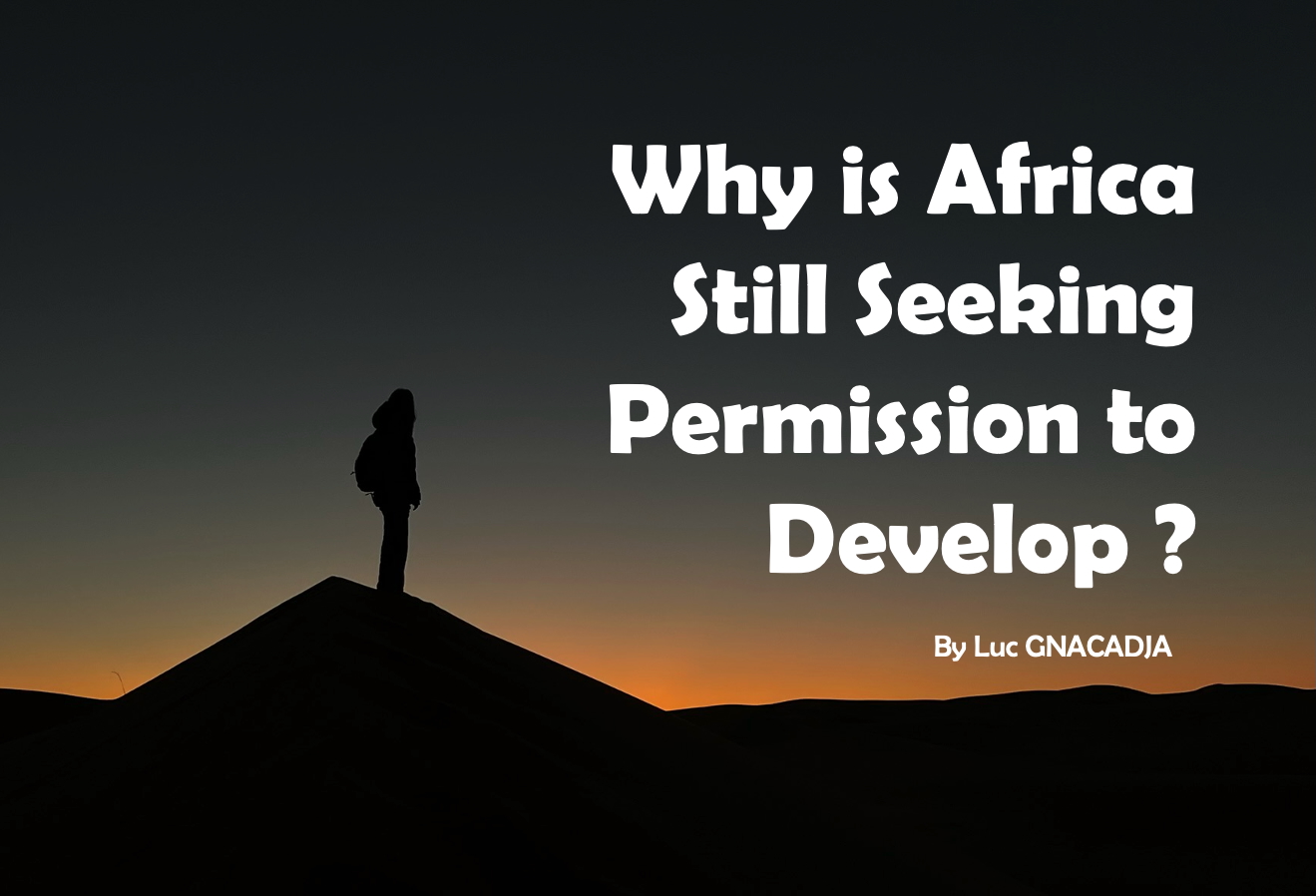
Why is Africa still waiting for external validation before pursuing its own development agenda?
As the dust settles after the UN’s Fourth Conference on Financing for Development in Seville, Luc Gnacadja, President of GPS-Development and former Executive Secretary of the UNCCD, raises this blunt and essential question.
Drawing from a personal exchange with former UN Secretary-General Ban Ki-moon and over two decades of leadership experience, this expanded version of his op-ed offers a compelling reflection on Africa’s persistent dependency mindset—and outlines six sovereign levers for transformation.
What’s new in this extended version?
- Education is now presented as the first and foundational lever for building an ecosystem of sovereign development.
- A sharpened call for governance frameworks that protect public institutions from elite capture.
- Additional reflections on Africa’s collective voice in global arenas, including a critical take on recent diplomatic moments.
“What Africa needs today is not another roadmap. It needs a wake-up call. A decision to act—together.”
Read the full (expanded) English version below.
Or Download its French version.
[Download PDF – Version française.]
Why is Africa Still Seeking Permission to Develop?
By *Luc GNACADJA
« You know, Luc, when I was a child, my country, South Korea, was extremely poor, devastated by war. At the time, Ghana was among the countries that sent us humanitarian aid. Ghana had a stronger economic track record than Korea. So what happened since? And in your view, what needs to change? »
These words were shared with me by Ban Ki-moon, then Secretary-General of the United Nations, as we sat side by side on a plane en route to a mission. At the time, I was the UN official in charge of combating desertification (UNCCD). I have never forgotten that conversation. Because behind the anecdote lies a stark reality: if South Korea could, in the span of a single generation, rise from being a recipient of humanitarian aid to becoming a global economic power, why is Africa still struggling to trigger a comparable transformation?
The fourth United Nations Conference on Financing for Development, which has just concluded in Seville, revived a familiar string of commitments: tripling multilateral finance, curbing illicit financial flows, taxing the ultra-rich, supporting vulnerable countries facing debt and climate stress… All familiar promises, repeated once again. How many participants truly believed in them? For many, the exercise resembled little more than diplomatic cynicism.
What Africa must take from Seville is not another roadmap, but a wake-up call.
And this wake-up call is more urgent than ever, because the world has changed. Multilateralism is eroding. Official development assistance is no longer a priority. The countries of the North, increasingly absorbed by their own energy, security or identity transitions, are turning inward with unapologetically nationalist agendas. In this context, to still believe that salvation will come from outside is self-deception. The era of dependence must give way to one of assumed, deliberate, and concerted sovereignty among African nations.
When five African Heads of State are received at the White House, as was the case recently, should each present their country’s assets as if in a diplomatic speed-dating round, or should they speak in turns with one voice, positioning Africa as a credible, united partner before the United States?
A systemic dependence that persists Africa does not lack ideas. It suffers from a complex of foreign dependence. Since independence, the development playbook and its financing architecture have remained captive to mechanisms inherited from an era where international aid stood in for the absence of a genuine endogenous economic project.
Public policies, often dictated by external donors, have shaped elites more skilled in drafting strategic plans than in implementing reforms rooted in local realities. The result: a continent rich in resources, talent, and youth, but poor because too often aligned with external agendas.
Even today, international financial institutions continue to treat African countries as « risks to be contained » rather than strategic partners. Credit is more expensive, investors more cautious, and reforms still subject to outside validation.
The rhetoric of reform as smokescreen It has become routine to call for reforming the global financial system. We say it’s necessary, we earnestly demand it, and it becomes the central theme of conferences. But Africa can no longer afford to wait for the rules of the game to change in order to play its own role.
Like its predecessors, the Seville conference produced noble intentions: increased concessional lending, incentives for private sector involvement, debt pause clauses, new forms of global taxation. But as long as Africa continues to look outward for the conditions of its transformation, it will remain captive to an agenda not its own.
The Asian dragons: transformation from within We often cite China, South Korea, or Singapore as examples of spectacular development trajectories. These countries began their ascent amid poverty, dependence, and under-industrialization comparable to many African states in the 1960s.
South Korea built a strategic state, invested in education, protected its emerging industries, mobilized its own savings, and dared to trust its institutions. What we now call the « Asian miracle » was the result of sustained political will and consistent execution.
Financing development from within: five strategic priorities Africa today holds the intellectual, economic, and human resources to pursue a sovereign development trajectory. What’s lacking is a shared will to act—backed by a political framework robust enough to shield institutions from clientelist drift and private capture.
Six strategic priorities can serve as levers:
- Educate to build the ecosystem for sovereign development, through systems that cultivate critical thinking, civic engagement, technical excellence, and a shared sense of purpose.
- Mobilize domestic savings and diaspora resources by building instruments of trust to channel these flows into productive investment.
- Strengthen public development banks so they become strategic tools for financing infrastructure, innovation, and regional economies.
- Develop inclusive regional financial markets, accessible to SMEs and local authorities, to foster long-term investment and risk pooling.
- Make urbanization a driver of endogenous resource mobilization, by valuing local dynamics, informal economies, and territorial solidarity. This requires rethinking urban taxation not as coercion but as a reciprocal pact between the state and its citizens.
- Empower local governments to become drivers of transformation, through real transfer of authority, resources, and initiative.
A generational urgency Waiting for the world to change before changing Africa is a dead end. The world will not make room for Africa. Africa must push its way into the world by assuming full ownership of its thinking and its choices.
What was said in Seville, we already knew. What needs to be done, we have declared a thousand times. What is missing is the courage to embrace the necessary disruptions: a break from institutional dependence, political timidity, and the habitual outsourcing of our future.
What Seville truly reveals The Seville conference confirms that the time for incantations is over. We do not need a roadmap—we need a shock of consciousness. A collective awakening. A surge of responsibility.
Africa does not need its priorities repeated. It needs an act of faith in itself. Leaders capable of making bold, transformational choices and mobilizing the continent’s intelligence and energy. Citizens who demand accountability. National coalitions for change that can turn promises into policies, and policies into results.
It is time to stop begging for funds to build the future. Africa must speak the language of investment, sovereignty, and value creation. No longer beg, but make its own choices and assume them. No longer wait, but build.
The continent’s transformation is not a favor to be granted. It is a collective decision to be made. But for that, we must first liberate our imaginations. As Ngũgĩ wa Thiong’o – the great Kenyan novelist and decolonial thinker, who passed away in May 2025 – so powerfully reminded us:
« The decolonization of the mind is the prerequisite of all genuine decolonization. »
Without this, no structural change will take root.
Africa does not need permission to develop. It needs a collective decision: to make sovereignty the cornerstone of its prosperity.
Luc GNACADJA is
President of the think-and-do tank GPS-Development
Former Executive Secretary of the United Nations Convention to Combat Desertification
Former Minister of Environment, Housing, and Urban Development of Benin
